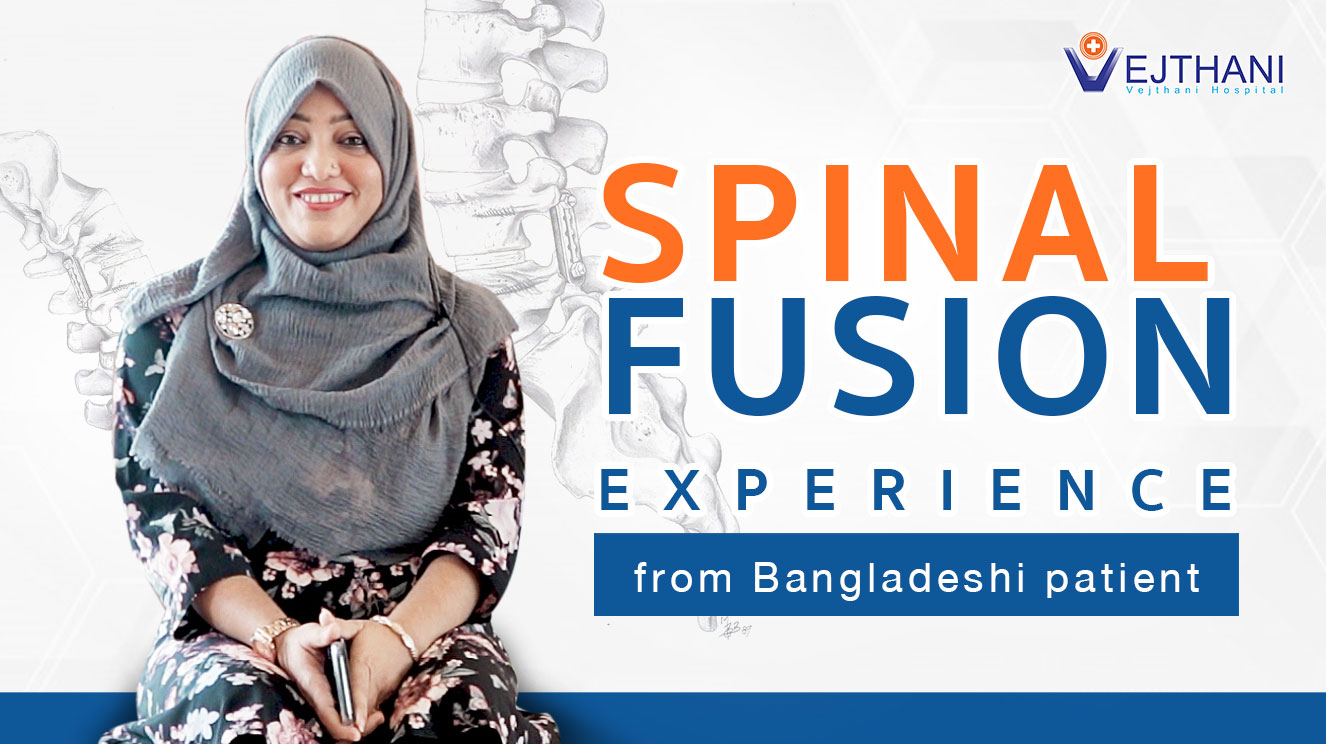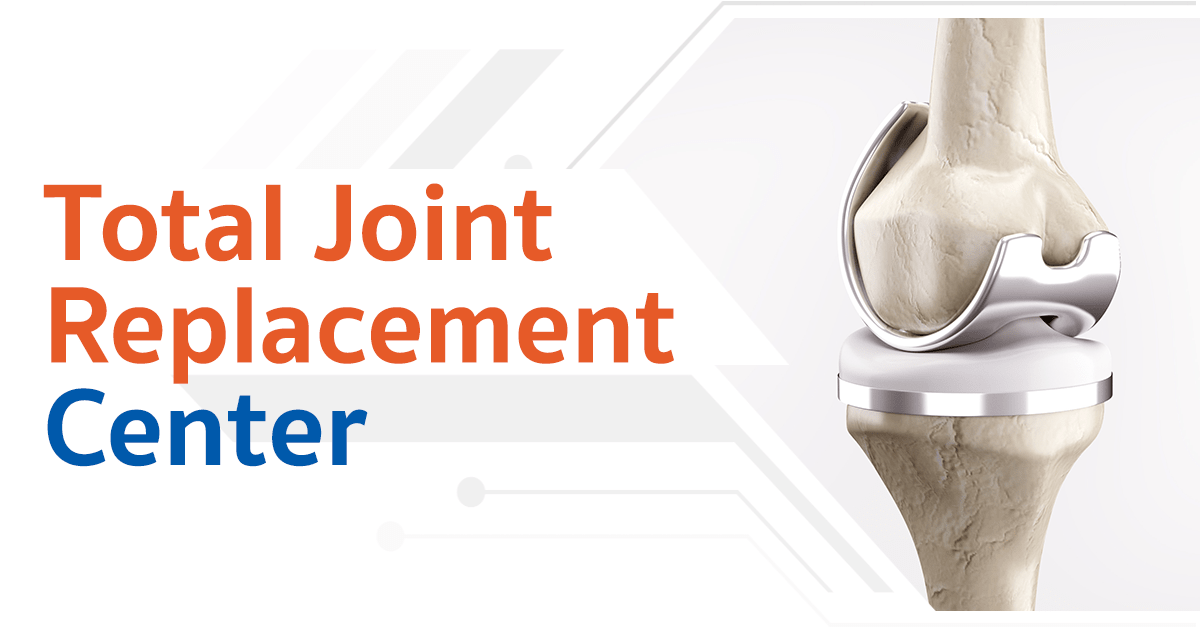
Bruxism
Overview
Bruxism is a condition characterized by the grinding, gnashing, or clenching of teeth. It can occur either during wakefulness (awake bruxism) or during sleep (sleep bruxism). While occasional teeth grinding is generally harmless, chronic bruxism can lead to various complications. Sleep bruxism, specifically, is considered a sleep-related movement disorder and is often associated with other sleep disorders like snoring and sleep apnea.
In mild cases, bruxism may not necessitate immediate treatment. However, for individuals experiencing frequent and severe grinding, it can lead to jaw disorders, headaches, and dental damage, among other problems. It is important to be aware of the signs and symptoms of bruxism and to seek regular dental care to address any potential complications.
Because bruxism can occur during sleep, many individuals may be unaware of their condition. It’s crucial to pay attention to common signs like jaw pain, worn-down teeth, and headaches, as they may indicate bruxism. By addressing bruxism early on, dental professionals can provide appropriate management strategies to alleviate symptoms, protect teeth, and prevent further complications associated with this condition.
Symptoms
Bruxism, or teeth grinding, may manifest with the following signs and symptoms:
- Audible teeth grinding or clenching, possibly loud enough to disturb your sleep partner.
- Flattened, fractured, chipped, or loose teeth.
- Worn tooth enamel, exposing deeper layers of the tooth.
- Increased tooth pain or sensitivity.
- Fatigued or tense jaw muscles, or difficulty fully opening or closing the jaw.
- Jaw, neck, or facial pain or soreness.
- Earache-like pain, unrelated to any actual ear problem.
- Dull headaches originating in the temples.
- Damage caused by chewing on the inside of the cheek.
- Disruption of sleep patterns.
If you or your child experience any of the symptoms mentioned above or have concerns about your teeth or jaw, it is crucial to consult your dentist or doctor. Additionally, if you notice your child grinding their teeth or displaying signs of bruxism, make sure to inform their dentist during their next appointment.
Causes
Bruxism, a condition characterized by teeth grinding, is not fully understood by doctors, but it is believed to stem from a combination of physical, psychological, and genetic factors. Awake bruxism often arises from emotional states like anxiety, stress, anger, frustration, or tension. It may also manifest as a coping mechanism or a habit during periods of deep concentration. On the other hand, sleep bruxism is a chewing activity that occurs during sleep and is associated with arousals from sleep.
Risk factors
Bruxism affects men and women at nearly the same rate. However, several factors are known to contribute to a higher risk of teeth grinding, such as:
- Age: While bruxism is a prevalent occurrence among young children, it typically resolves by the time they reach adulthood. However, there are instances where certain children persist in teeth grinding until their teenage years.
- Stress: Teeth grinding can be caused by increased worry, anger, frustration, or stress.
- Personality type: People who are highly motivated, aggressive, competitive, or hyperactive may be more prone to teeth grinding.
- Medications and other substances: Engaging in certain lifestyle habits, such as alcohol consumption, tobacco use, recreational drug use, and excessive intake can contribute to the occurrence of bruxism. Individuals who consume alcohol and smoke are twice as likely to experience teeth grinding compared to those who do not engage in these habits. Bruxism is also a rare adverse effect of various mental drugs, such as selective serotonin reuptake inhibitors (SSRIs), a type of anti-anxiety medication.
- Family history: One may be at a higher risk of bruxism if a family member also has or had one. Sleep bruxism is more common in families.
- Other disorders: Parkinson’s disease, dementia, gastroesophageal reflux disorder (GERD), epilepsy, night terrors, sleep-related disorders like sleep apnea, and attention-deficit/hyperactivity disorder (ADHD) are among the various mental health and medical conditions linked to bruxism.



















